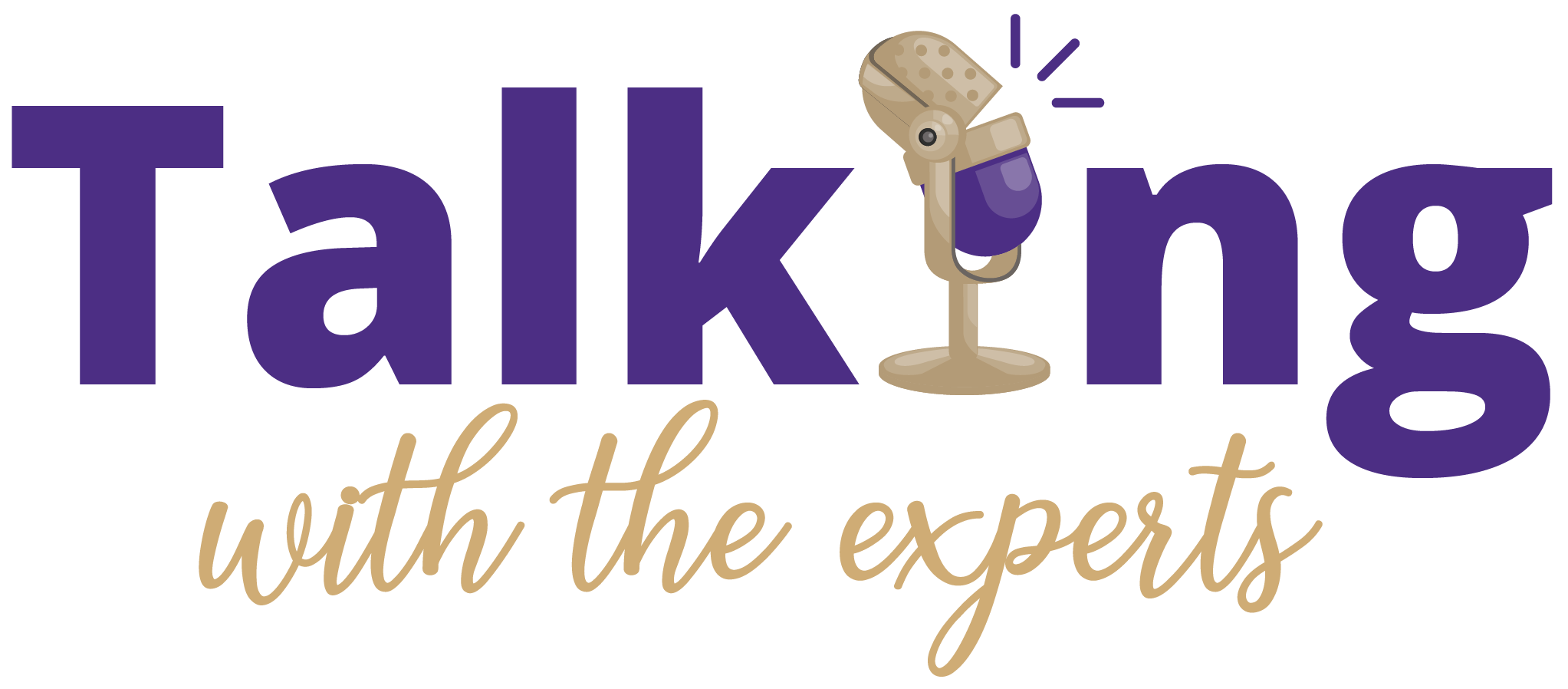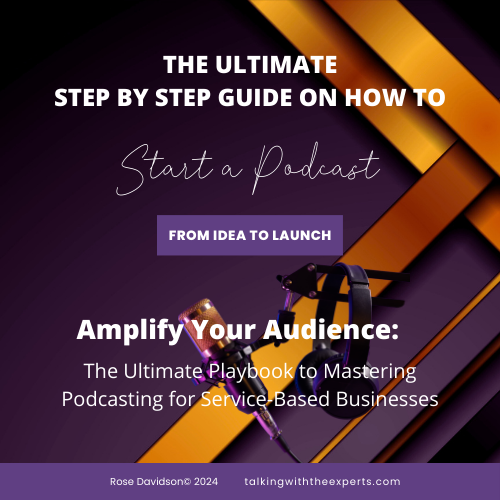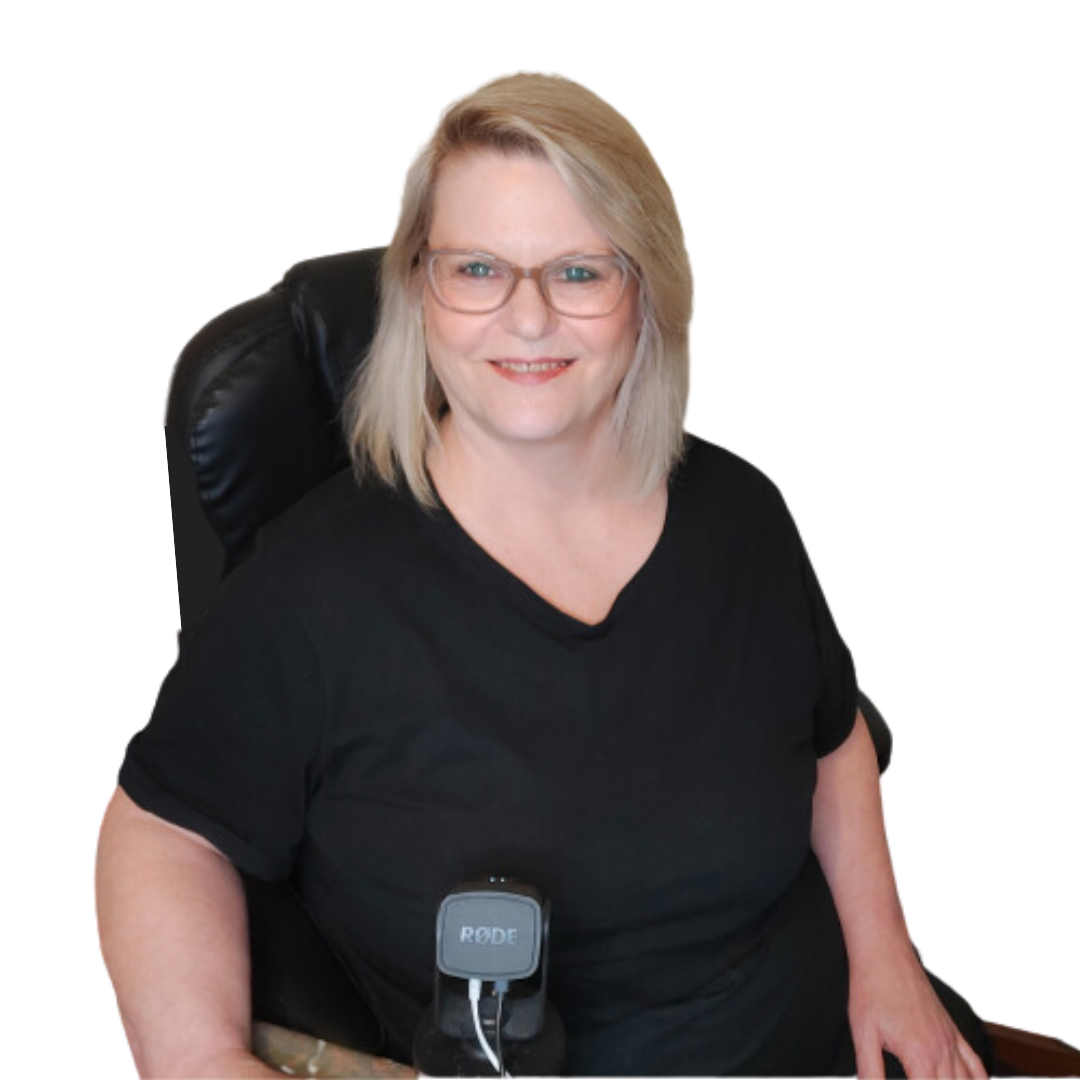In today’s digital age, social media is crucial for promoting your podcast and engaging with your audience. With numerous platforms available, choosing the best one for your podcast can be daunting. This guide will help you navigate the options and select the right social media platform to amplify your podcast’s reach and impact.
Understanding Your Audience
Before diving into the specifics of each platform, it’s essential to understand your audience. Who are they? Where do they spend their time online? What kind of content do they engage with the most? Answering these questions will guide your decision-making process and ensure you’re focusing your efforts where they matter most.
Steps to Identify Your Audience:
Analyse Your Podcast Metrics:
Look at your podcast analytics to understand your listener demographics.
Conduct Surveys:
Ask your listeners directly which social media platforms they use.
Observe Engagement:
Note where your current social media posts get the most engagement.
Social Media Platforms Overview
Pros:
– Wide Reach: With over 2.8 billion active users, Facebook offers a vast potential audience.
– Versatile Content: Supports text, images, videos, and live streaming.
– Groups: Create communities around your podcast topic.
Cons:
– Algorithm Changes: Organic reach can be limited due to frequent algorithm updates.
– Ad Costs: Paid advertising can be expensive.
Best For: Podcasts with a broad audience, community-building through groups, and those willing to invest in ads.
Pros:
– Visual Appeal: Ideal for visual content and behind-the-scenes glimpses.
– Stories and Reels: Engage with followers through short, engaging content.
– Reels: Share episode highlights.
Cons:
– Linking Limitations: Only one clickable link in your bio.
– Time-Consuming: Requires frequent updates and high-quality visuals.
Best For: Podcasts with strong visual elements, targeting younger audiences (18-34), and those focusing on lifestyle, culture, and personal branding.
X (Twitter)
Pros:
– Real-Time Engagement: Great for live-tweeting and real-time interactions.
– Hashtags: Increase discoverability with relevant hashtags.
– Short Updates: Share quick thoughts, quotes, and episode links.
Cons:
– Fast-Paced: Content lifespan is short; requires frequent posting.
– Character Limit: Limits depth of posts (280 characters).
Best For: News-based podcasts, industry updates, and hosts who can engage frequently.
Pros:
– Professional Audience: Ideal for business, finance, and industry-specific podcasts.
– Networking: Connect with professionals and industry leaders.
– Content Types: Supports articles, updates, and native video.
Cons:
– Niche Audience: Not suitable for all podcast genres.
– Formal Tone: Requires a more professional approach.
Best For: Business, career, finance, and educational podcasts targeting professionals.
TikTok
Pros:
– High Engagement: Short, engaging videos can go viral quickly.
– Creative Freedom: Experiment with trends, challenges, and unique content formats.
– Young Audience: Popular among Gen Z and Millennials.
Cons:
– Time-Intensive: Requires creativity and regular posting.
– Short Lifespan: Content can be quickly forgotten.
Best For: Podcasts targeting younger audiences, those willing to create engaging video content, and hosts who can keep up with trends.
YouTube
Pros:
– Video Content: Perfect for video podcasts and highlights.
– SEO Benefits: Owned by Google, enhances search visibility.
– Monetization: Opportunities through ads and sponsorships.
Cons:
– High Effort: Requires video production and editing.
– Algorithm Dependency: Success can be highly dependent on YouTube’s algorithm.
Best For: Video podcasts, detailed content, tutorials, and podcasts with visual elements.
Making Your Decision
Key Factors to Consider:
Audience Demographics: Align platform choice with where your audience spends time.
Content Type: Choose a platform that suits your content format (text, image, video).
Engagement Level: Assess how much time you can invest in engaging with followers.
Growth Potential: Consider platforms with growth opportunities and supportive algorithms.
Final Steps:
Experiment and Analyze: Start with one or two platforms, measure engagement, and adjust your strategy accordingly.
Stay Consistent: Regularly post and interact with your audience to build a loyal following.
Cross-Promote: Use multiple platforms to cross-promote content and reach a broader audience.
Selecting the right social media platform for your podcast is crucial for growth and engagement. By understanding your audience and leveraging the strengths of each platform, you can effectively promote your podcast and build a dedicated community. Start small, stay consistent, and continually refine your strategy for the best results.
By following this guide, you will be well-equipped to choose the best social media platform for your podcast, ensuring maximum reach and engagement with your target audience. Happy podcasting!
The Ultimate Step by Step Guide on How to Start a Podcast
With the rise of on-demand content, podcasting has become a powerful way for businesses to connect with their audience. By creating informative and engaging podcast episodes, businesses can build a loyal following of listeners who are interested in what they have to offer. This can lead to increased brand awareness, customer loyalty and ultimately, increased revenue.




